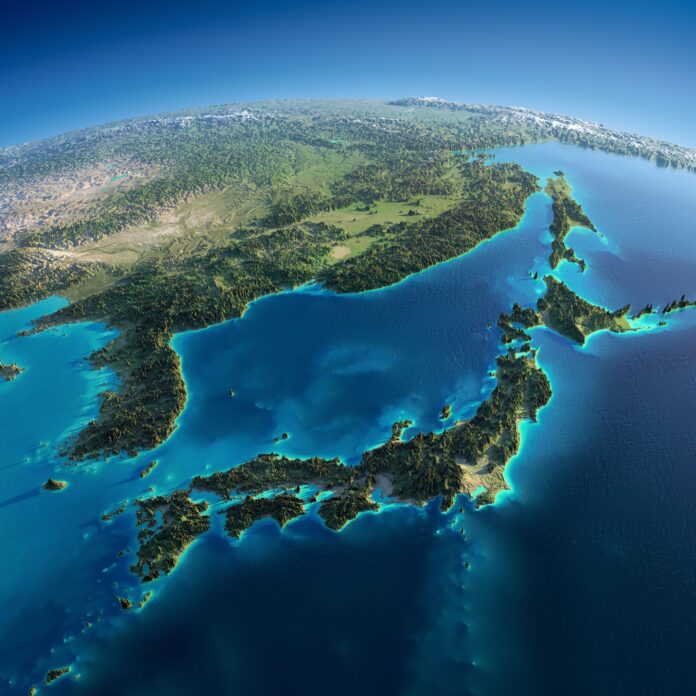KDDI’s president confirmed initial 5G-based services will be high-definition images and drone security
Japanese telco KDDI expects to start offering 5G services as part of a limited pre-commercial launch next year, company President Makoto Takahashi said during a conference call with investors and analysts.
“In limited areas, we are aiming at distributing high-resolution images and drone security. In 2020, in a full-fledged launch manner, we are planning to provide 5G in areas of Tokyo for the Olympic and Parlympic Games and in areas in accordance with the request of municipalities and our partner companies,” the executive said.
“5G is actually the extension of 4G LTE technology. So, we are thinking of adding software functions which are common to 4G, and we are trying to share the facilities with other companies, so that we do a capex investment efficiently, to reinforce [the] network with a view to [the] IoT era,” Takashashi added.
KDDI has been also engaged in trials, mainly with Ericsson and Samsung Electronics. In September 2017, KDDI and Ericsson inked an agreement to test a 5G proof-of-concept in the 4.5 GHz frequency band in a number of cities across Japan. KDDI and Ericsson said they were planning to carry out a large number of tests across a wide range of use cases in the 4.5 GHz and 28 GHz frequency bands, including interworking with LTE technologies.
KDDI also recently signed an agreement with Japanese commerce giant Rakuten through which the latter will use KDDI’s 4G network for the provision of mobile services. The agreement will enable Rakuten to offer a nationwide LTE service from launch. The services will be provided until March 2026, which will give the e-commerce firm time to deploy its own network.
Rakuten Mobile Network, owned by Japanese e-commerce giant Rakuten, received approval for its ‘Special Base Station Deployment Plan’ in April 2018 and aims to launch its first services as a mobile network operator in October 2019.
“We are going to provide them with the network roaming and Rakuten is going to provide us with payments and the logistics network where Rakuten is very advanced,” the executive said.
“5G and IoT, those are the areas where it’s quite expensive in terms of the capex. By introducing this new concept and the collaboration of competition, we’d like to utilize each other’s assets to establish base infrastructure efficiently,” Takahashi said.

